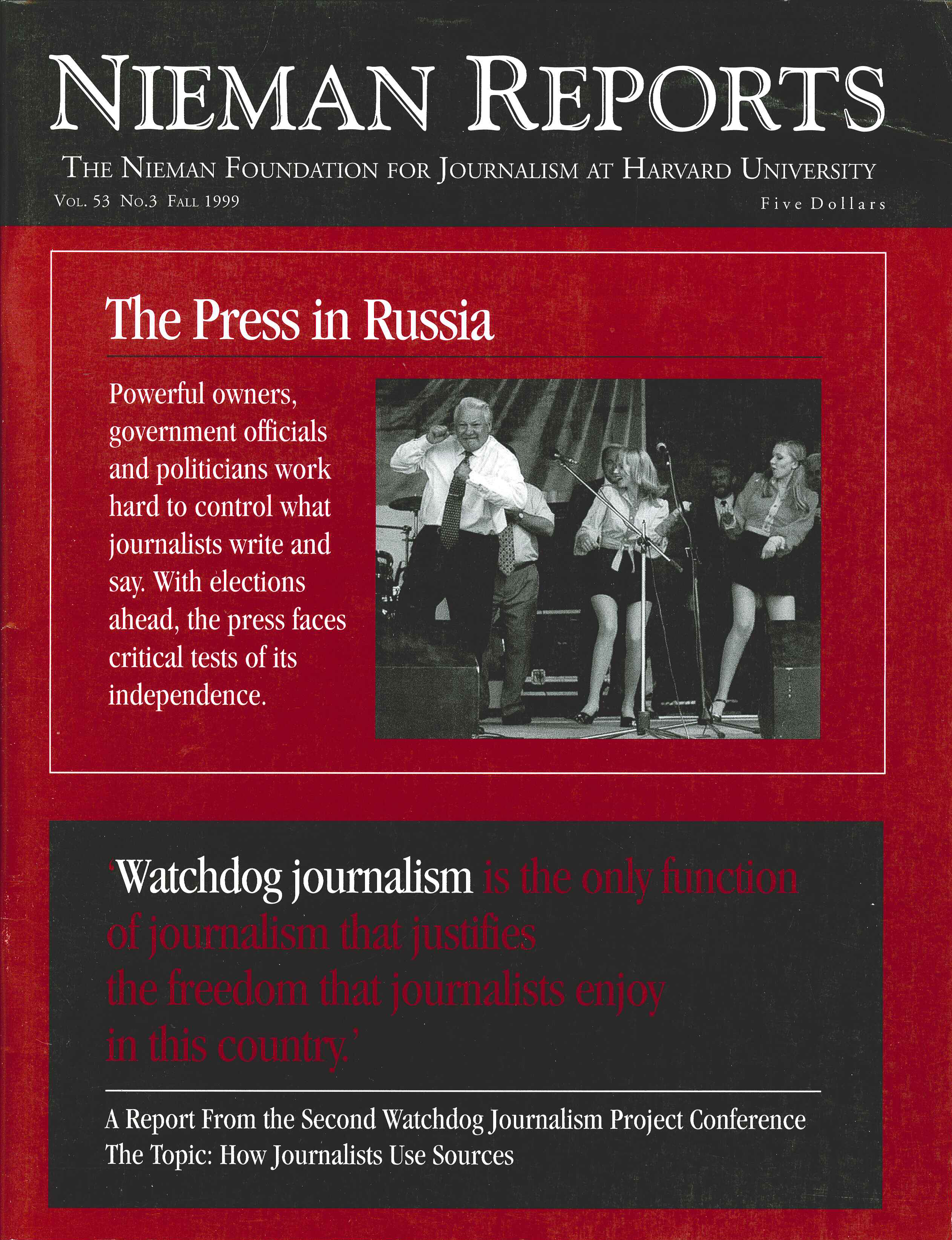“What difference does it make that a family newspaper stays in the family?” This is the question posed by Alex S. Jones, author (along with Susan E. Tifft) of the forthcoming book, “The Trust: The Private and Powerful Family Behind The New York Times” and “The Patriarch,” a history of the Bingham family’s publishing dynasty. He is also in the fourth generation of a newspaper family. His essay—along with an excerpt from “The Trust,” describing Punch Sulzberger’s decision to publish the Pentagon Papers—explores how journalism can be affected by ownership.
Maria Henson, Deputy Editorial Page Editor of the Austin American-Statesman, looks at the life of Charlotte Curtis, the first woman on The New York Times’s masthead. In her review of Marilyn S. Greenwald’s biography of Curtis, Henson notes that Curtis “paid a price for her ambivalence toward the women’s movement in losing the friendship and respect of female colleagues.”
Sharon Green, Senior Cultural Editor for National Public Radio, reviews Yale University political scientist Martin Gilens’s book about roles the media play in shaping public perception about poverty, welfare and race. She finds his scholarly examination of news imagery of race and poverty compelling, and his guidance to journalists—based on his findings—important.
Michael J. Kirkhorn, Director of the Journalism Program at Gonzaga University, looks at ways in which U.S. broadcast journalists responded to Cold War propaganda in his review of Nancy E. Bernhard’s book on these issues. “We shouldn’t be surprised to learn that network journalists and executives lent or sold themselves to the agencies of anticommunist government propaganda during the early years of the Cold War,” Kirkhorn’s review begins.
Elizabeth Leland, a part-time reporter for The Charlotte Observer, read the published letters of Larry L. King and came away amused by moments when he engages in “wonderful storytelling” (including incidents during his Nieman year). But her interest waned when he turned to recording “minute details about what he’s writing or how much he’s drinking.”
Harvard Law School professor Elizabeth Bartholet and Lori B. Andrews, professor at Chicago-Kent College of Law, each have written books about public policy issues related to the formation of families. Each has focused on legal and social aspects of how families are organized and function and the rights of children within them. Bartholet writes primarily about adoption and child welfare, whereas Andrews explores the rapidly expanding realms of reproductive technologies. Each author is widely quoted by journalists. In separate articles, Bartholet and Andrews set forth difficulties they confront in trying to maintain the integrity of their research and their perspective in the midst of what today’s media appear to demand.


